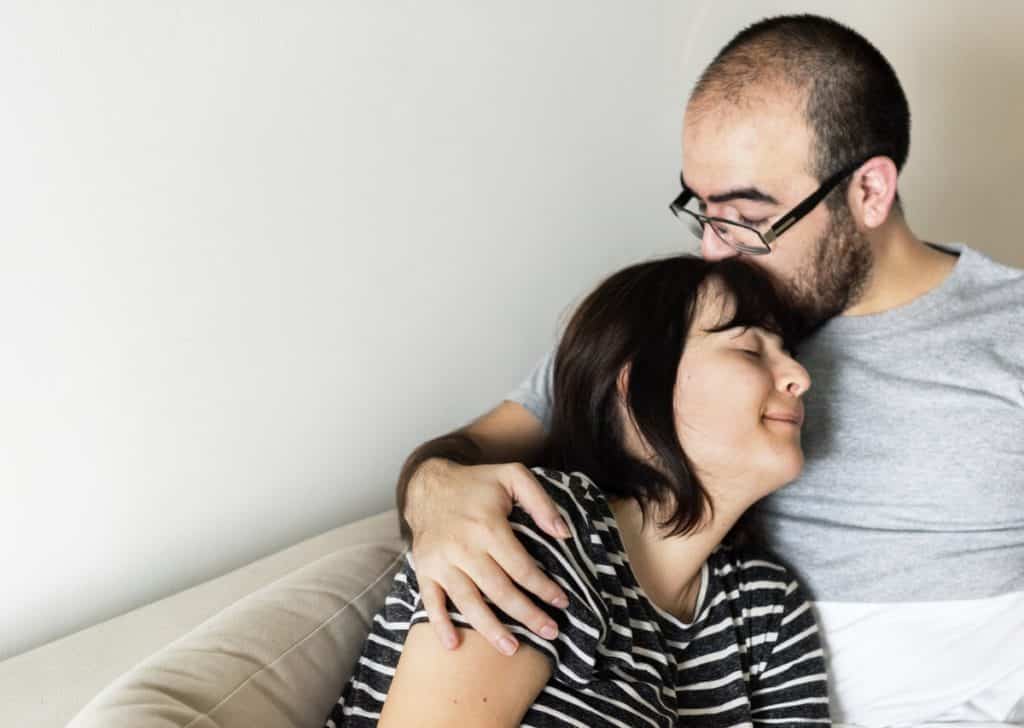Sometimes we may experience overwhelming, panic-filled situations when a loved one needs extensive support with their mental or behavioral health. It is hard to determine whether symptoms are severe because many of us will bottle up our emotions and lash out in episodes unexpectedly. When it comes to psychiatric conditions, your loved one may experience delusions or hallucinations that can bring intense distress.
In emergency cases, your loved one may need hospitalization in order to reduce their symptoms and be in a safe place. Where do you go when your loved one may not yet need hospitalization but they are in need of intensive mental health treatment? The answer is crisis stabilization. At Socal, we prioritize crisis stabilization in order to avoid admission for psychiatric hospitalization.
What Is Crisis Stabilization?
Crisis stabilization is a short-term, direct service that helps assist with de-escalating the severity of an individual’s level of distress, reducing the need for urgent care. Crisis stabilization is typically recommended with mental health and substance abuse disorders. Services are designed to prevent a behavioral health crisis and reduce mental illness symptoms.
Crisis stabilization services provide intensive health care to non-hospitalized individuals that may be experiencing an acute mental health crisis. The goal of these services is to stabilize the acute needs as quickly and efficiently as possible. Alongside aiming to avert hospitalization, these services also provide quality safety and security to the individual and help them navigate external resources that can help if another crisis were to arise. They provide 24-hour observation and supervision for individuals that do not require inpatient services but might be at risk of harming themselves or others. Some of the services included at a crisis stabilization center may include patient assessments, diagnosis, development of a shortened treatment plan, case management, prescribing or monitoring psychotropic medication, and individual or group counseling.
Most services include telephone or telehealth, walk-in, and mobile crisis services. Most services are also likely to offer short-term community or stand-alone units, where a person is likely to stay somewhere between 1-10 days. As an alternative to long-term hospital stays, an individual might utilize crisis stabilization services to reduce the risk of hospitalization altogether, or they may utilize these services as a step-down from experiencing hospitalization.
Crisis Services: A Place to Go
Crisis services operate similar to a hospital emergency department as they accept walk-ins, ambulance, fire, and police drop-offs. Crisis services must accept all referrals regardless of mental health condition or severity of emotional disturbances experienced by an individual. Funding these kinds of programs is important so that they never have to reject an emergency health situation due to lack of resources or not having enough staff.
What Can I Expect When I Go to a Crisis Stabilization Center?
If you ever find yourself in a situation where you need to utilize crisis stabilization services for yourself or your loved one, it might make it easier to have an idea of what you will expect when you get there. Other services that may be provided at these centers include physical and psychiatric assessments, skills training for daily living, social activities, treatment planning and counseling, and connecting with other services.
What Is Acute Psychosis?
At SoCal Mental Health, we prioritize crisis stabilization, especially in regards to preventing hospitalization for psychiatric conditions and experiences. Chronic symptoms of psychosis may be well-controlled for those with a diagnosis, although acute psychosis could lead to an individual harming themselves or others. Acute psychosis can present with a range of symptoms, including auditory hallucinations, delusions or paranoia, disorganization, or mania. When an individual experiences a new delusion, it could necessitate intervention, especially if the new delusion is negatively affecting the person experiencing it.
Questions to Ask Yourself When Considering Crisis Stabilization Services
Here are some questions to consider if your loved one might be experiencing a psychotic episode or other mental health condition that may need intensive care:
- Is your loved one experiencing new or severe hallucinations? Are these hallucinations commanding them to engage in dangerous activity that might harm themself or others?
- Is your loved one experiencing delusions or paranoia that is impairing their cognitive or social functioning?
- Has your loved one become confused or withdrawn in their environment so severely that they are unable to appropriately interact with others?
- Is your loved one unable to access necessary survival mechanisms such as food, clothing, or shelter?
- Is your loved one experiencing significant emotional distress that impairs their ability to function?
- Is your loved one unable to decipher right from wrong, or are they putting themselves in dangerous situations without realizing it?
There are many issues to be considered in regards to utilizing mental health crisis services, and it is crucial to understand what circumstances may lead you or your loved one to use crisis stabilization services.
Crisis stabilization services are a kind of short-term, direct emergency service that can be utilized when an individual is experiencing significant mental health or substance use distress but may not need hospitalization. These services are not meant to replace hospitalization, but instead, they aim to prevent an individual from needing admission to a hospital for acute mental health crises. These services can be utilized for any mental health condition, although they are most likely to be utilized for individuals experiencing new or worsening symptoms of psychosis. If you or your loved one may be putting themselves or others in danger or are temporarily unable to care for themselves due to the severity of their symptoms, consider utilizing our services. At SoCal Mental Health, we pride our crisis stabilization services. We want you to know that there are reliable resources when someone is experiencing severe mental health symptoms. For more information about us, give us a call at (949) 502-2041.












